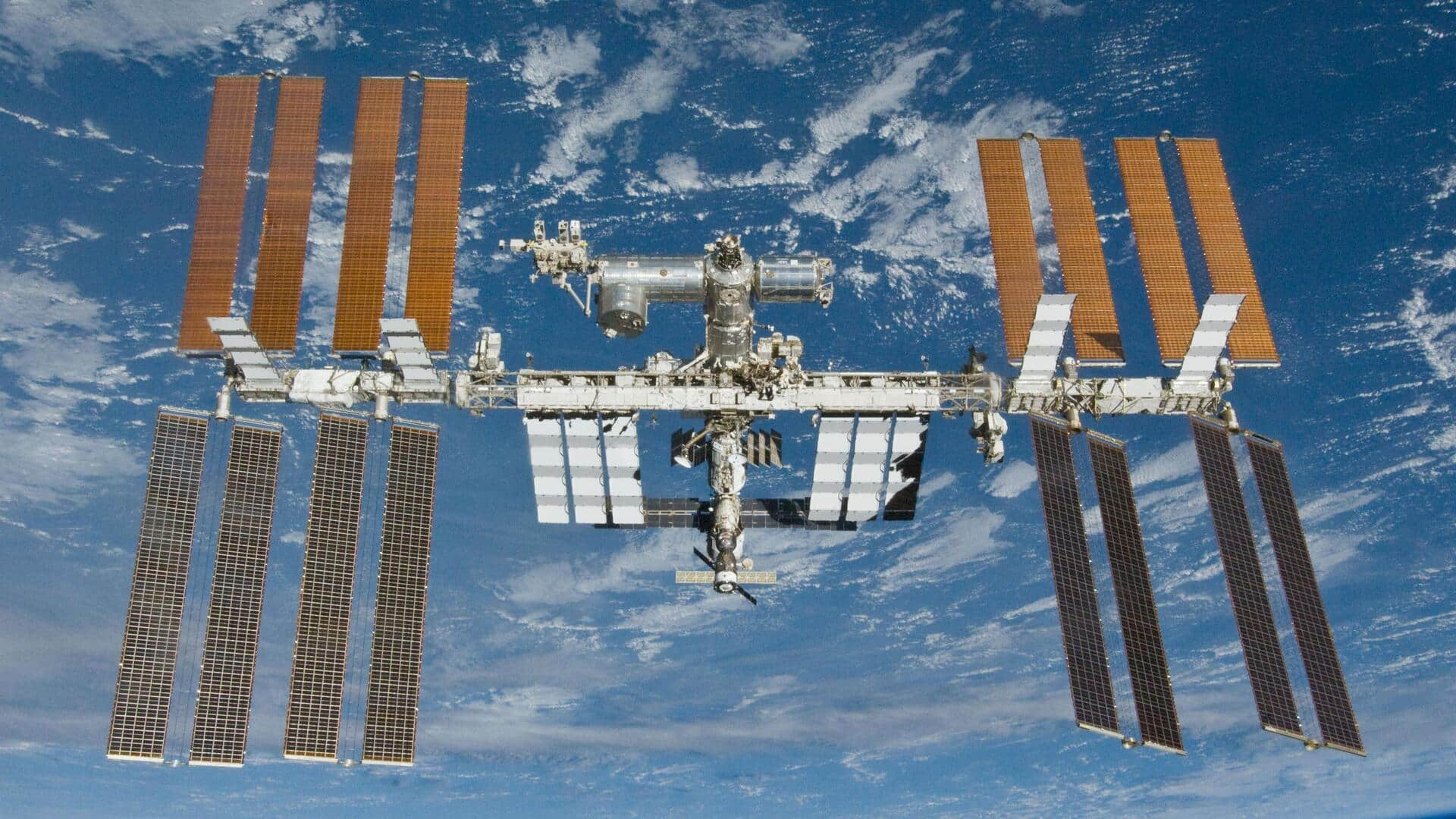
What happens when ISS retires? Bezos has $100B replacement plan
What's the story
Blue Origin's founder Jeff Bezos is planning to launch a new space station, Orbital Reef.
The ambitious project comes in response to the looming decommissioning of the International Space Station (ISS) in 2031.
The ISS has been key to enabling groundbreaking microgravity research for over three decades.
Elon Musk's SpaceX has bagged an $843 million contract from NASA to help deorbit and safely dispose of the ISS.
Project details
Orbital Reef: A new era in space research
The Orbital Reef, Bezos's Blue Origin project, has already secured $130 million from NASA for development.
The new station will be almost as big as the ISS, boasting a volume of 8,200 cubic feet. It will carry on the pioneering research of the ISS and add more features.
Orbital Reef will host 10 people at first but plans are afoot to increase capacity with more modules.
Commercial prospects
A hub for commercial space activities
The Orbital Reef will serve as a research facility and a hub for commercial space activities and space tourism. The initiative is a collaboration between Blue Origin, Sierra Space, Amazon, Boeing, and others.
The station will have science modules for microgravity research, development and manufacturing.
Blue Origin envisions the station as "spacious modules with large windows to view Earth... while experiencing the thrill of weightlessness in complete comfort."
Operational roles
Logistics and transportation
Amazon will handle logistics and supply chain operations for the Orbital Reef.
Sierra Space will provide Large Integrated Flexible Environment (LIFE) modules, node modules, and a runway-landing Dream Chaser spaceplane to transport crew and cargo.
A Boeing Starliner crew spacecraft will also be used to transport personnel while Boeing will also provide science modules and manage space station operations and maintenance.
Timeline
Launch and operational timeline of Orbital Reef
The Orbital Reef is slated to launch in 2027, with a total estimated cost of over $100 billion.
The station will be fully operational by 2030, just before the ISS is retired.
This timeline coincides with the end of the ISS's service life, allowing for a seamless transition in space research and commercial activities.